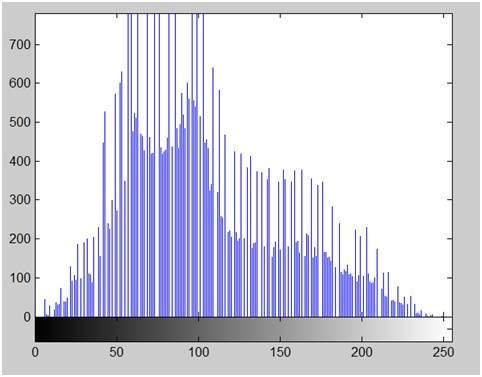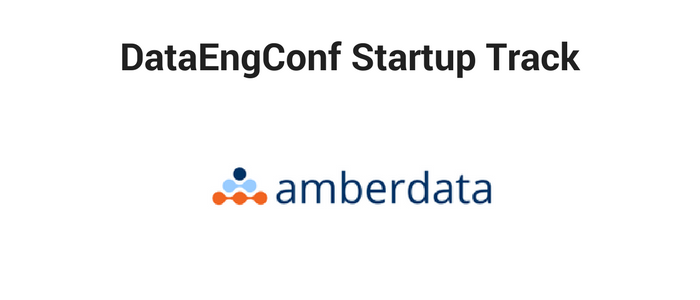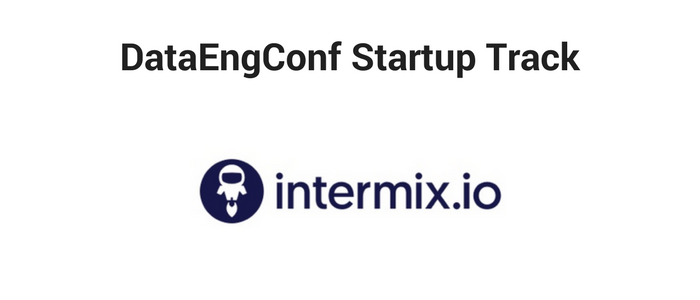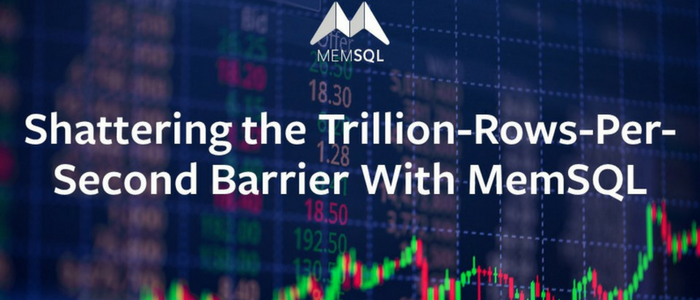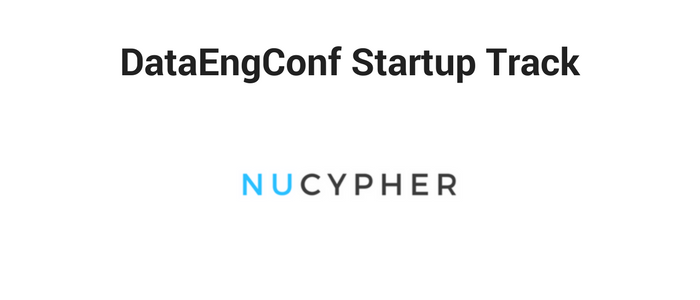With COVID-19 forcing almost one billion people to shelter in place around the world, many people have turned to new activities, such as drawing, baking, gardening… or online learning. If that doesn't sound like you, don't feel guilty by any means – sometimes, surviving is enough! But if you want to get more knowledgeable about data science, data engineering and artificial intelligence, we are here for you.
This is why we came up with this list of courses that can help you prepare for a future job in the data field, upgrade your existing skills, or just satisfy your personal curiosity. From free entry-level courses to full-time bootcamps, here's our selection for you to check out:
.png?width=347&height=97&name=Data%20Council%20AI%20logo%20(1).png)




